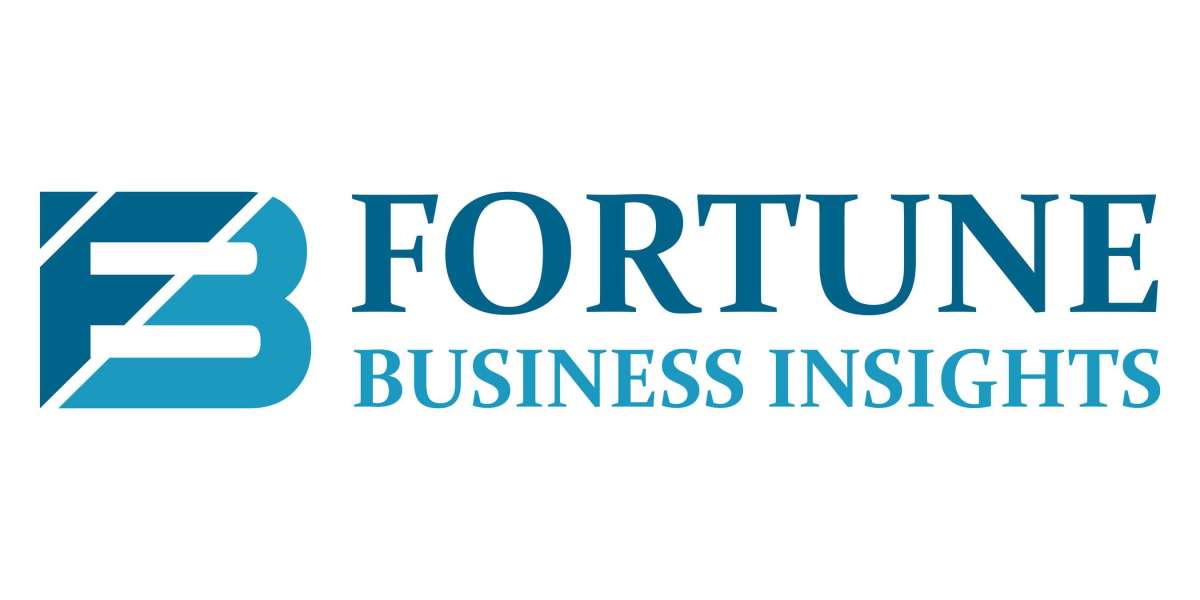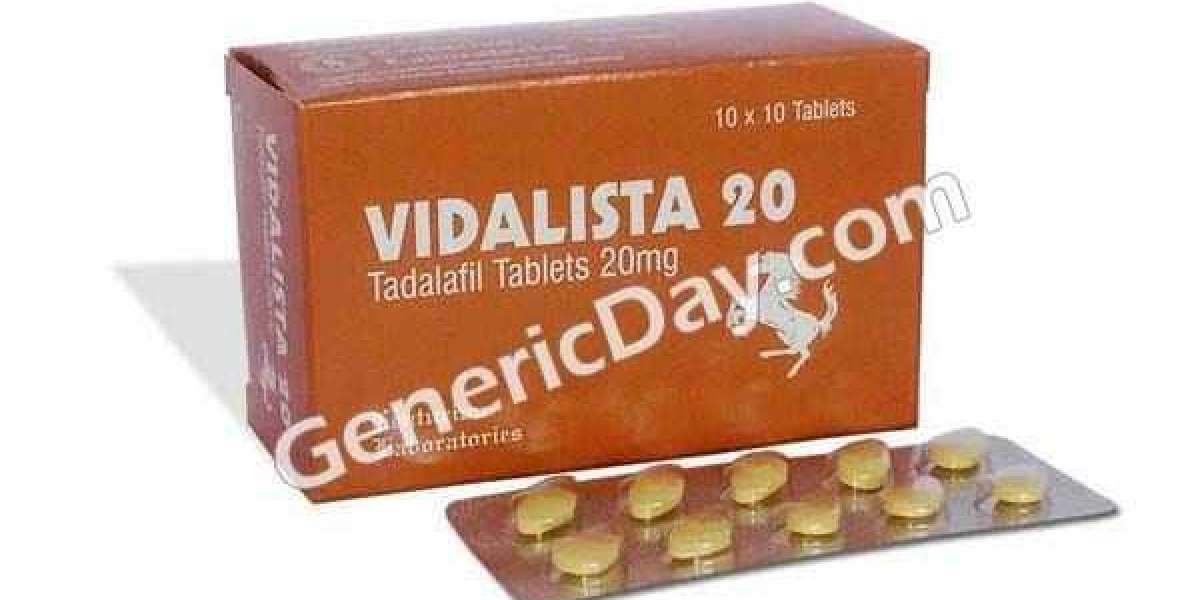The increasing awareness about the severity of appendiceal cancer and the growing demand for targeted therapies are likely to be key drivers for the global appendiceal cancer treatment market over the forecast period. While appendiceal cancer is not one of the most common types of cancer, it is still rising in prevalence and is becoming an increasing threat. This has mobilized the healthcare sector to find targeted solutions for appendiceal cancer treatment that can take care of appendiceal cancer comprehensively. This is likely to remain a key driver for the appendiceal cancer treatment market over the forecast period.
Various components of the global appendiceal cancer treatment market is also studied in the report and projections are made for the growth trajectory of each distinct component. The various segments and sub-segments within the global appendiceal cancer treatment market is studied in detail in the report. The study also makes a detailed analysis of the major players operating in the global appendiceal cancer treatment market and provides a detailed look at the various competitive strategies employed by players in the global appendiceal cancer treatment market. Likely future conditions with respect to the competitive landscape of the market are also explained in detail in the report.
The new report from Market Research Future (MRFR) presents a detailed analysis of the global appendiceal cancer treatment market by providing readers with a comprehensive overview of the market’s historical trajectory. The leading drivers and restraints affecting the global appendiceal cancer treatment market is assessed in detail in the report. The historical impact of these drivers and restraints is analyzed in context of the current impact of these factors and projections are made for the likely impact of these drivers and restraints over the forecast period.
Competitive Analysis:
Leading players in the global appendiceal cancer treatment market include Merck, Amgen Inc., Bayer AG, Sanofi, Teva Pharmaceutical Industries Ltd., Boehringer Ingelheim International GmbH, AstraZeneca, General Electric Company, Novartis AG, Becton Dickinson and Company, F. Hoffman-La Roche Ltd., Bristol-Myers Squibb Company, Eli Lilly and Company, Pfizer Inc., and AbbVie Inc.
In January 2018, GE Healthcare announced a long-term partnership with Roche Diagnostics to codevelop and market digital clinical decision support solutions. The primary target of these decision support systems is likely to be cancer diagnosis and improving individualized treatment options for cancer patients.
Segmentation:
The global appendiceal cancer treatment market is segmented on the basis of type, treatment, end use, and region.
By type, the global appendiceal cancer treatment market is segmented into neuroendocrine tumors and carcinomas. The carcinomas segment is further subsegmented into mucinous adenocarcinoma, goblet cell carcinoids, intestinal-type adenocarcinoma, signet-ring cell adenocarcinoma, and paraganglioma.
By treatment, the global appendiceal cancer treatment market is segmented into surgery, chemotherapy, and radiation therapy. The surgery segment is further subsegmented into appendectomy, hemicolectomy, and cytoreduction. The chemotherapy segment is further subsegmented into hyperthermic intraperitoneal chemotherapy and systemic chemotherapy. The hyperthermic intraperitoneal chemotherapy segment is likely to hold the largest share in the global appendiceal cancer treatment market, as it is highly effective specifically against appendiceal cancer. Systemic chemotherapy is expected to exhibit the highest CAGR over the forecast period, on the other hand.
By end use, the global appendiceal cancer treatment market is segmented into hospitals and clinics, cancer research institutes, and others.
Regional Analysis:
The Americas is expected to dominate the global appendiceal cancer treatment market due to the favourable reimbursement scenario in the region as well as the growing government support for the same. The increasing support from the government for discovering cures to rare cancers in the U.S. is likely to remain a major driver for the appendiceal cancer treatment market in North America over the forecast period. Europe is likely to hold the second largest share in the global appendiceal cancer treatment market, followed by Asia Pacific, which is expected to exhibit the highest CAGR over the forecast period. The Middle East and Africa is the smallest regional market for appendiceal cancer treatment.








